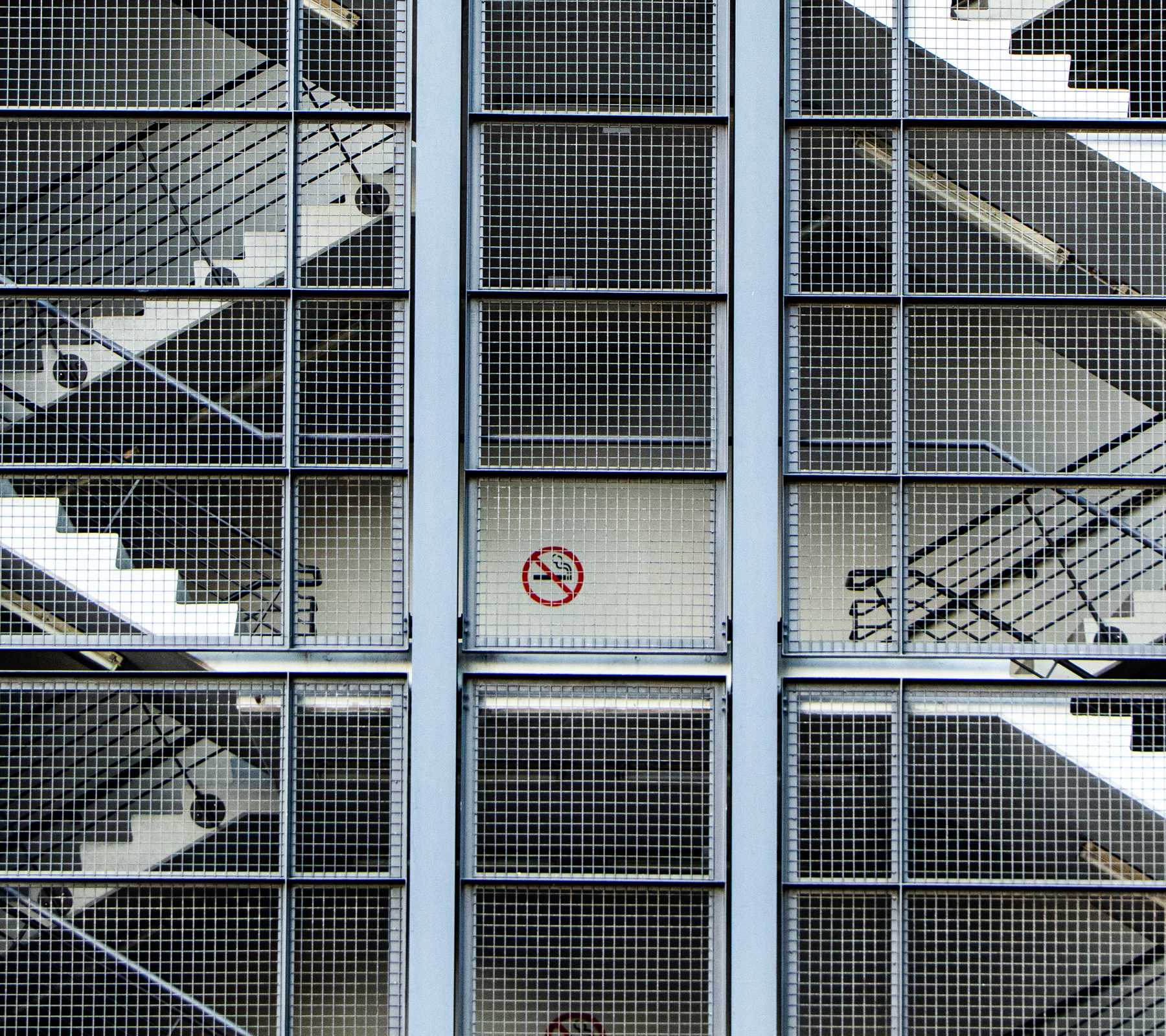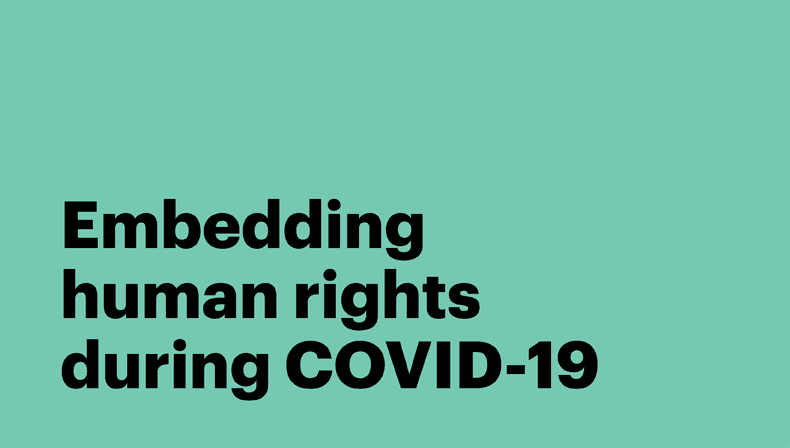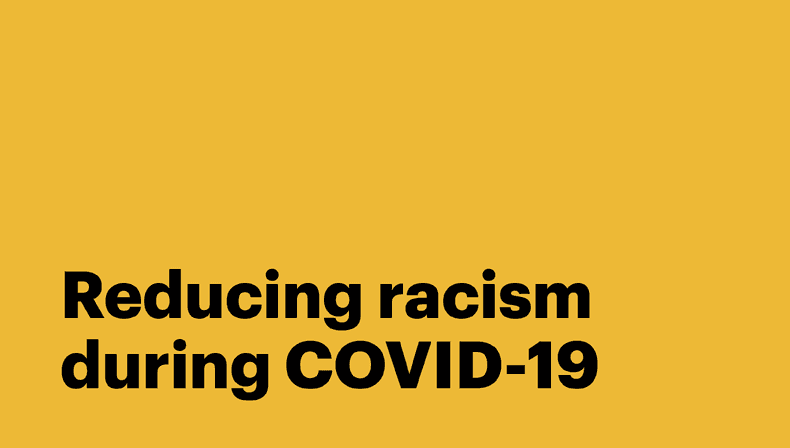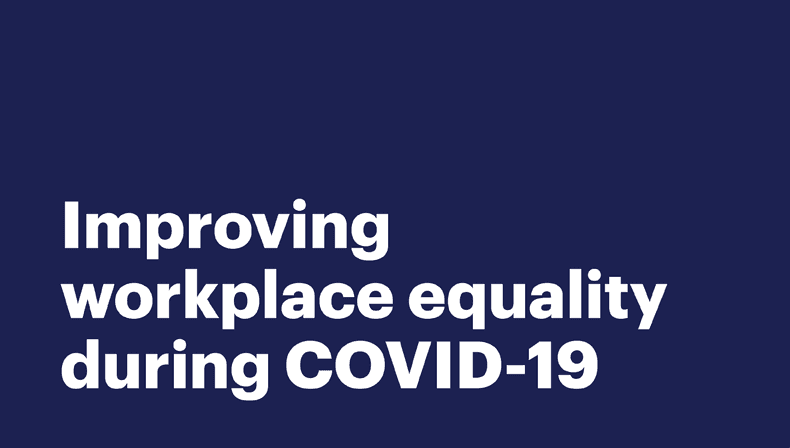Protecting human rights in closed environments during COVID-19
Victoria’s prisons faced a number of unique challenges in how to best manage the health of prison inmates and staff, while at the same time balancing prisoners’ human rights.

Photo by Akshay Chauhan from Unsplash
This page was developed during the COVID-19 pandemic. Information and advice may now be out of date. For the latest advice regarding COVID-19, visit the Coronavirus Victoria website.
If you have an enquiry or complaint about discrimination, contact us.
Issues as they arose
The COVID-19 Omnibus (Emergency Measures) Act 2020, recently passed by the Victorian Parliament, includes a number of temporary measures that will affect the operation of Victoria’s justice system and prisons.
During criminal proceedings, the Act gives magistrates the flexibility to specify longer remand periods and to reduce the need for adults, children and young people going through court processes to physically attend court. It also permits the use of audio-visual link or audio link. Further, it permits magistrates to impose electronic monitoring for people undertaking community corrections orders.
The Act also allows for cases before the Supreme and County Courts to be heard by a judge alone, without a jury. Special hearings under the Crimes (Mental Impairment and unfitness to be tried) Act 1997 may also be heard by a judge alone, with provision to extend the time frame for such special hearings to be heard.
The Act enables significant changes to prison operations, as well. New prisoners entering prison can be quarantined for 14 days as a safety precaution, and prison management has new powers to lockdown or isolate parts of the prison. Visits to the prison by members of the public may be restricted, and lawyers may only visit clients in the prison if prison management permits the visit to proceed in accordance with social distancing measures. Under the Act, prisoners may be required to undergo medical assessment, testing and treatment to manage the risk of COVID-19.
Similar broad isolation and quarantine measures apply to children and young people in youth justice facilities.
Throughout the pandemic, there have been calls for measures to reduce prison populations due to the heightened risk of transmission in prison environments, which is compounded by overcrowding. This is particularly the case for Aboriginal and Torres Strait Islander peoples who are over-represented in Victoria’s prison population and who are more likely to have existing health conditions that place them at greater risk of serious harm if they contract COVID-19.
Calls for the early release of low-risk prisoners reached a head in late July, when six Victorian prisons were placed in full lockdown after a prison officer tested positive for COVID-19.
What the law says
In addition to the human rights applicable to all Victorians, the Charter of Human Rights and Responsibilities provides specific protections for people in prisons and other closed environments.
When someone is deprived of liberty – for example, if they are being detained because they have been accused of breaking the law – they still have a right to be treated humanely.
The Charter also protects an individuals’ right to a fair hearing and specifies a range of rights for people involved in criminal processes – for example, that they must be told what charges are being brought against them, they must have access to adequate facilities to prepare for their case, and they must be presumed innocent until proven guilty.
The Charter also provides specific protections for children involved in criminal processes, which require that they are kept separate from adults, that they are brought to trial as quickly as possible and that they are treated in a way that is appropriate for their age. Children are also entitled to opportunities for education and rehabilitation while in detention.
How we’re addressing the issues
We’re keeping a close eye on emerging human rights issues and supporting authorities to fulfil their obligations to assure the dignity and safety of any Victorian deprived of liberty. We are working closely with Corrections Victoria, integrity bodies and civil society to ensure human rights are at the centre of decision making.
Victoria’s emergency laws and human rights
A register of the rights of prisoners likely to be impacted by Victoria’s recently passed COVID-19 Omnibus (Emergency Measures) Act 2020.
How we can help
If you have a question about discrimination, sexual harassment or vilification or would like more information about how Victoria’s Charter protects your human rights, we’re here to help.
Our enquiries team can help you understand Victoria’s anti-discrimination laws and how you can make a complaint if you choose to. And if we can’t answer your question, we’ll try to help you find someone who can.
- Call us – 1300 292 153 (10am–2pm, weekdays)
- Email us – enquiries@veohrc.vic.gov.au
- Make an anonymous report using our Community Reporting Tool
If you wish to make a complaint in relation to the Charter of Human Rights and Responsibilities, find out more about your options.


